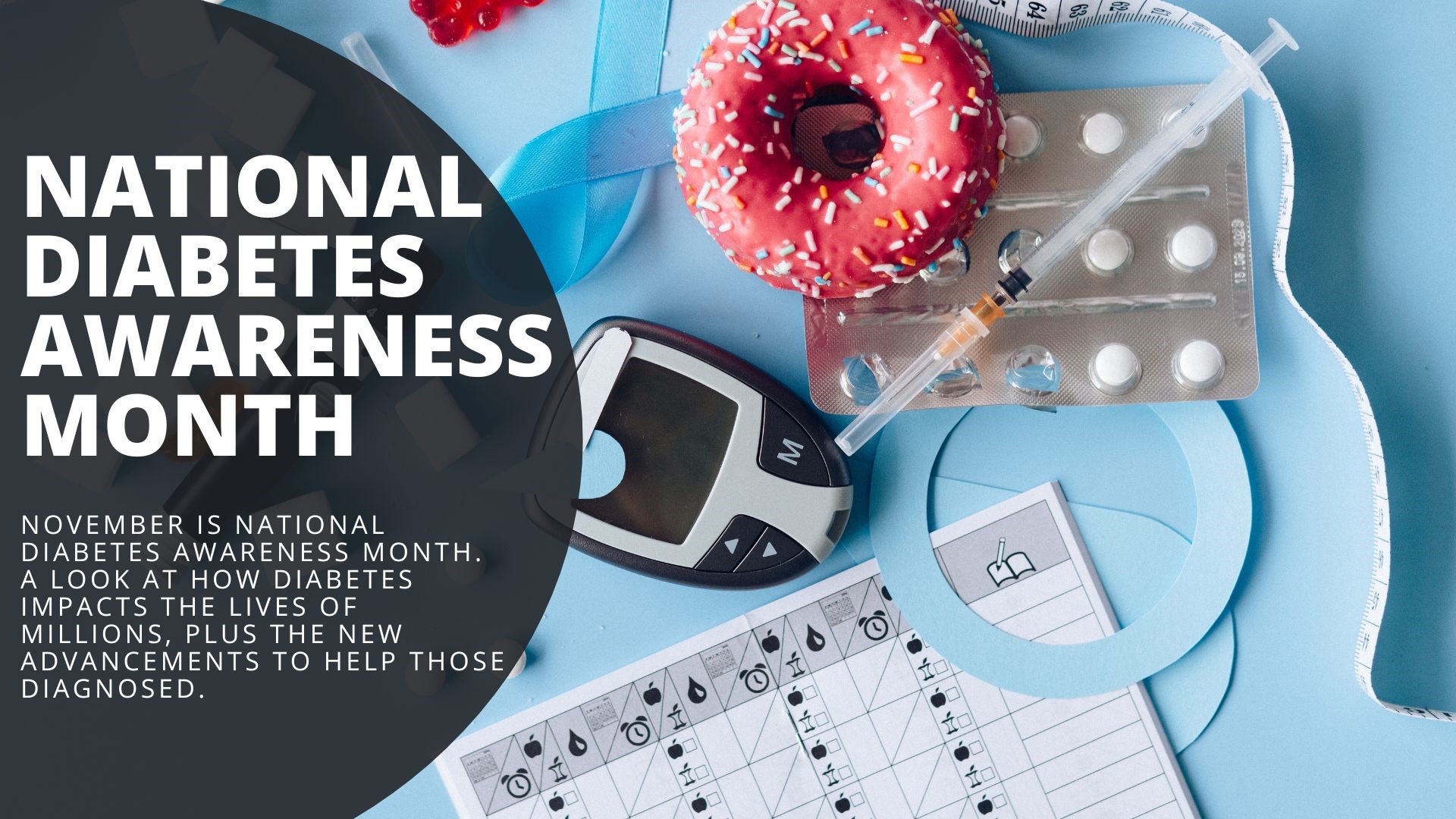WASHINGTON — Smartwatches and rings that claim to measure blood sugar levels for medical purposes without piercing the skin could be dangerous and should be avoided, the U.S. Food and Drug Administration warned Wednesday.
The caution applies to any watch or ring, regardless of brand, that claims to measure blood glucose levels in a noninvasive way, the agency said. The FDA said it has not authorized any such device.
The agency's notice doesn't apply to smartwatch apps linked to sensors, such as continuous glucose monitoring systems that measure blood sugar directly.
Roughly 37 million Americans have diabetes. People with the disease aren’t able to effectively regulate their blood sugar because their bodies either don’t make enough of the hormone insulin or they have become resistant to insulin.
To manage the condition, they must regularly check their blood sugar levels with a finger prick blood test or with a sensor that places needles just under the skin to monitor glucose levels continuously.
Using the unapproved smartwatch and smart ring devices could result in inaccurate blood sugar measurements, with “potentially devastating” consequences, said Dr. Robert Gabbay, of the American Diabetes Association. That could cause patients to take the wrong doses of medication, leading to dangerous levels of blood sugar and possibly mental confusion, coma or even death.
Several companies are working on noninvasive devices to measure blood sugar, but none has created a product accurate and secure enough to get FDA approval, said Dr. David Klonoff, who has researched diabetes technology for 25 years.
The technology that allows smartwatches and rings to measure metrics like heart rate and blood oxygen is not accurate enough to measure blood sugar, said Klonoff, of the Sutter Health Mills-Peninsula Medical Center in San Mateo, California. Efforts to measure blood sugar in body fluids such as tears, sweat and saliva are not ready for prime time, either.
“It's challenging, and I believe at some point there will be at least one scientist or engineer to solve it,” Klonoff said.
In the meantime, consumers who want to measure their blood sugar accurately can buy an FDA-cleared blood glucose monitor at any pharmacy.
“It comes down to risk. If the FDA approves it, the risk is very small,” he said. “If you use a product that is not cleared by the FDA, very often the risk is very large.”

